Vienna talks acceptable only when Iran’s rights secured, results tangible: FM
Iran’s new Foreign Minister Hossein Amir-Abdollahian says the Vienna talks aimed at reviving the 2015 nuclear deal with world powers will be acceptable only when there come tangible results from high-level negotiations and the interests of the Islamic Republic are secured.
“For Iran, a negotiation that has tangible and practical results and is accompanied by securing the rights and interests of the people is acceptable,” Amir-Abdollahian said in a telephone phone conversation with the EU foreign policy chief Joseph Borrell on Friday.
In his call to the top Iranian diplomat, Borrell congratulated the election of Amir-Abdollahian as foreign minister and expressed the European Union’s readiness to expand cooperation with Tehran, stressing that participation of the High Representative of the Union at the inauguration ceremony of the Iranian president showed the bloc’s determination in this regard.
Referring to the union's role as coordinator of the Vienna talks, Borrell stressed the bloc’s hopes for the establishment of the new Iranian government as soon as possible and for the announcement of a date on behalf of Tehran for the next Vienna meeting.
Amir-Abdullahian, for his part, emphasized Tehran's commitment to dialogue and “constructive interaction within the framework of balanced diplomacy,” and regarded negotiations as a “tool for diplomacy.”
The top Iranian diplomat referred to the law passed by the parliament on nuclear issues as binding on Iran’s government and said, “In any negotiation, the real action of the other parties must be proven in accordance with their obligations."
In December 2020, Iranian legislators passed a law to further accelerate the development of the nuclear program, which came as a firm reaction to Washington’s 2018 withdrawal from the Joint Comprehensive Plan of Action (JCPOA) and the imposition of illegal sanctions by the US against Iran.
Iran and the remaining signatories to the JCPOA have already held six rounds of talks in Vienna, which began after the US administration of President Joe Biden voiced willingness to rejoin the nuclear agreement, three years after former President Donald Trump unilaterally withdrew the US from the deal.
Negotiators took a break from the talks after Ebrahim Raeisi emerged victorious in Iran’s June presidential election, waiting for Iran’s democratic transition to take place in order for them to be able to continue the talks, as disagreements remained unresolved on key issues.
Tehran argues that since Washington was the party that violated the terms of the agreement, it should take the first step back into compliance with the deal by removing its unilateral sanctions.
Formation of 'inclusive government' key to Afghan crisis
Elsewhere in his phone conversation, Borrell pointed to the developments in Afghanistan as a “new challenge” for the region and the world, stressing the need for serious cooperation on the issue of Afghan refugees.
Responding to Borrell’s remarks, Amir-Abdullahian said the solution to Afghanistan’s crisis is the formation of an “inclusive government that reflects the ethnic and demographic composition of the country.”
“It is the Afghan people who must decide for their future.”
Stressing that the Islamic Republic hosts more than three and a half million Afghans in the country, the Iranian foreign minister said the new wave of Afghan refugees is a serious issue which requires other countries and international organizations to provide assistance for a solution.
The United States and its NATO allies invaded Afghanistan in 2001 under the pretext that the Taliban militants were harboring al-Qaeda. The invasion removed the Taliban from power but it worsened the security situation in the country.
The militants intensified their offensive and rapidly overran major Afghan cities in recent weeks, as the US-led foreign forces enforced what was seen as a hasty withdrawal. The Taliban laid siege to Kabul on August 15. The then Afghan President Ashraf Ghani fled the country on the same day.
For the past two weeks, Kabul’s airport has been the scene of chaos and sporadic violence, with panicked Afghan and foreign nationals desperately trying to catch evacuation flights out of the country, prompting officials there to enforce restrictions.
‘No threats, no pressure’: Pezeshkian lays down terms for talks with US
Russia warns foreign intervention in Ukraine will be treated as 'direct threat'
MSF chief warns Israeli ban on Gaza operations will be 'catastrophic' for millions
‘No illegal demands’: Shamkhani says US talks may bear fruit if respect, logic shown
VIDEO | Iran prepared for both scenarios: Talks or self-defense
Russia slams ‘unacceptable’ US pressure on Cuba as Trump seeks oil cutoff
Epstein advised ex-Israeli PM Ehud Barak to cooperate with US AI firm Palantir
Iran, US to hold nuclear talks in Istanbul: Report


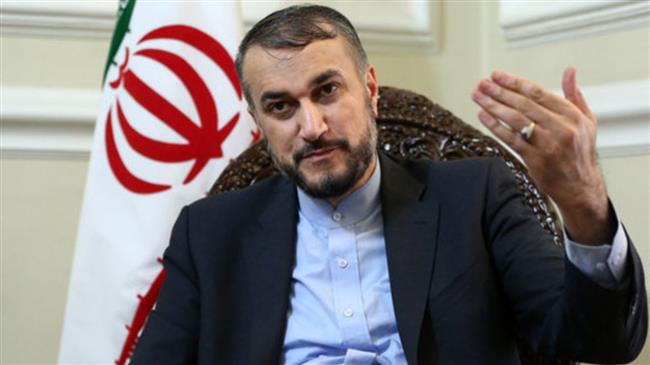
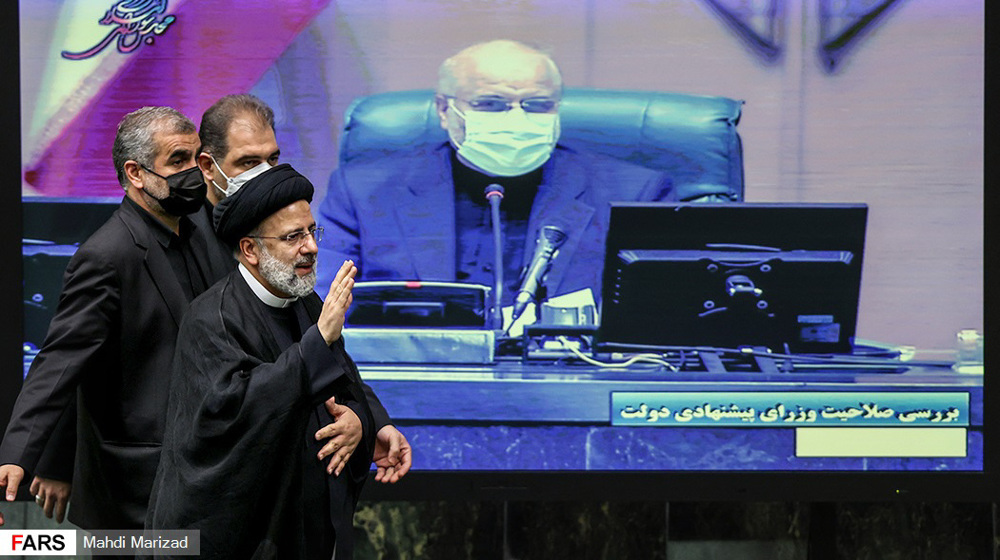
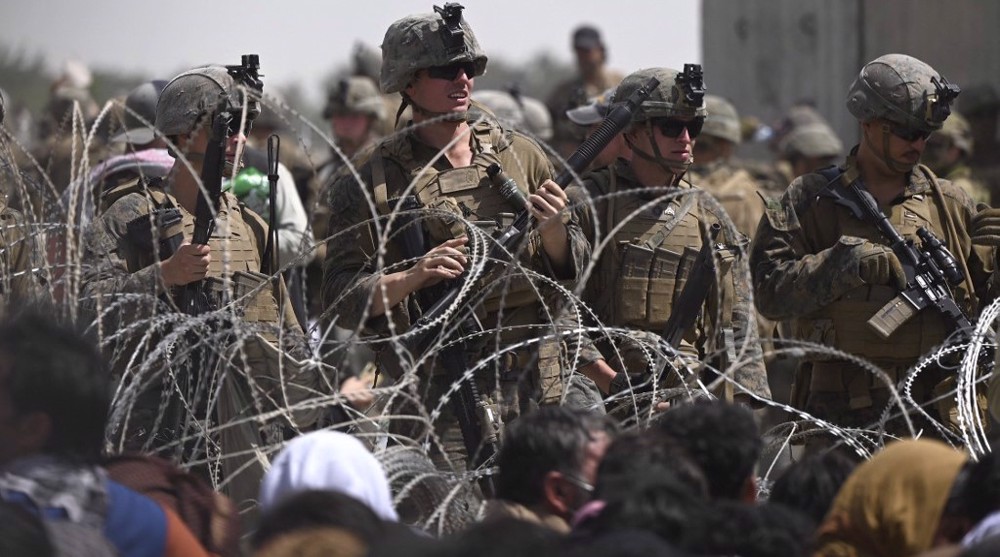
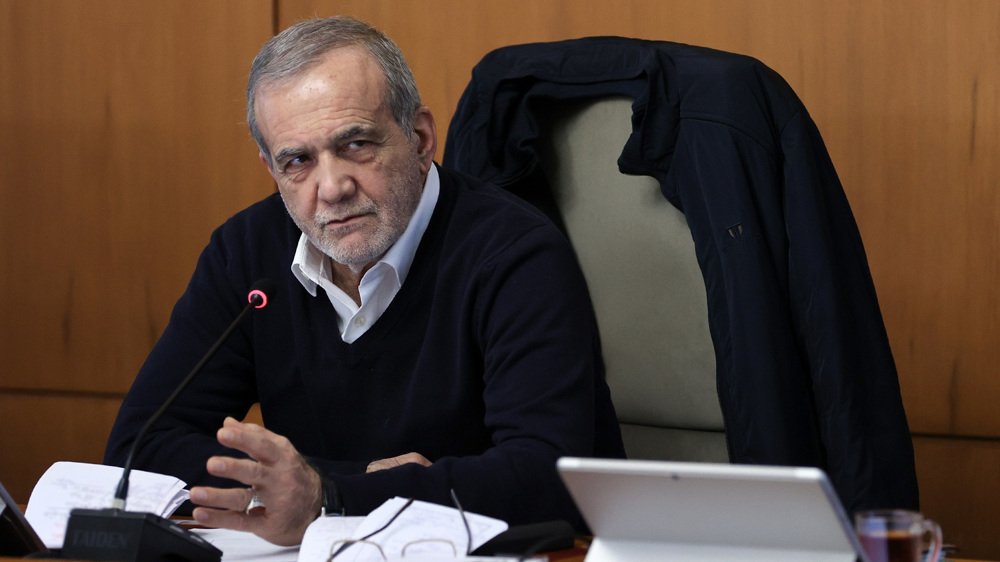
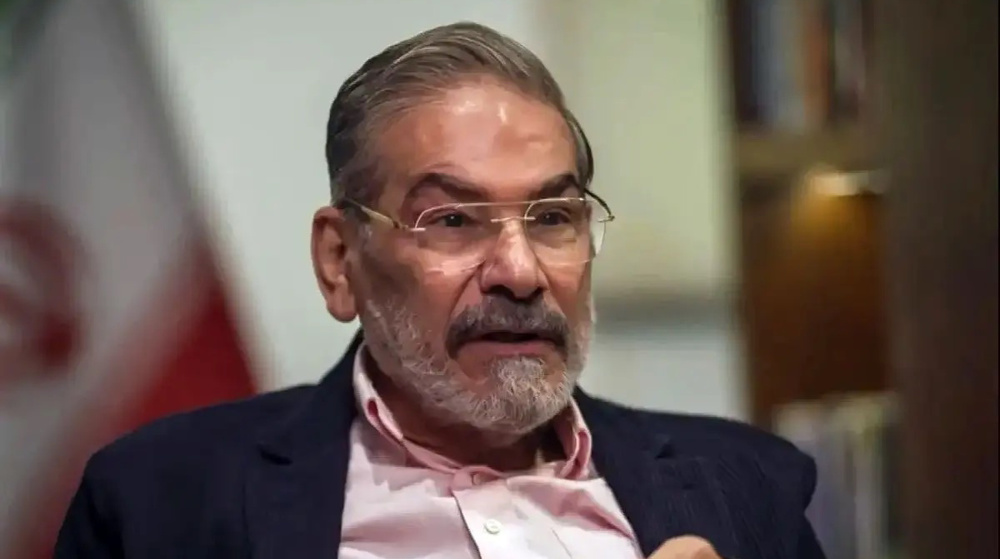
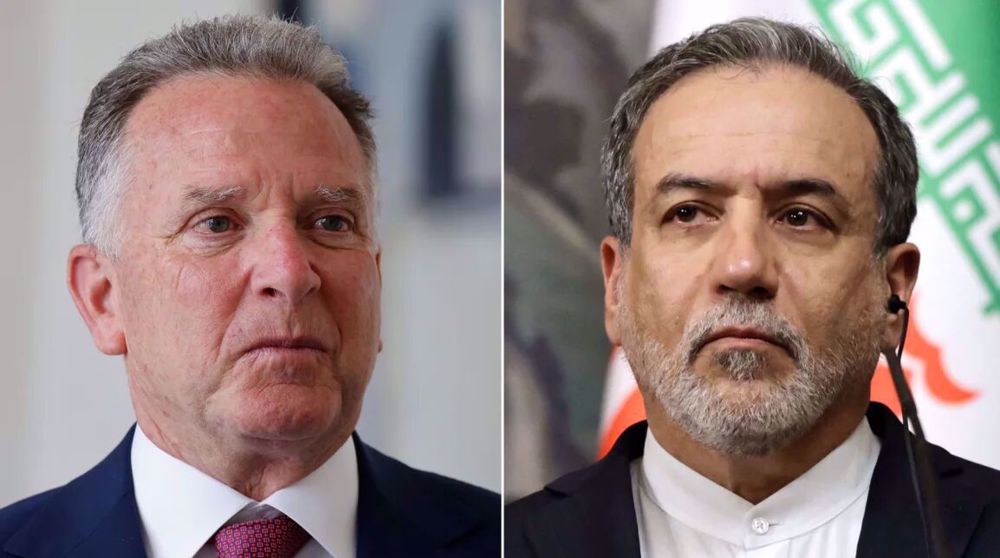




 This makes it easy to access the Press TV website
This makes it easy to access the Press TV website